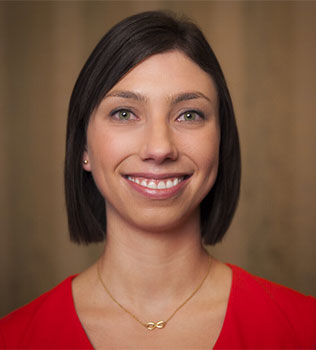 On October 7, Nicole Allen, Scholarly Publishing and Academic Resources Coalition (SPARC) Director of Open Education, led a discussion about open education resources at the University of Puget Sound. An alumna of Puget Sound, Ms. Allen is an internationally recognized expert and leading voice in the movement for open education. While there was some range to the conversation related to the broad opportunities open educational resources allow, textbooks were certainly the main topic.
On October 7, Nicole Allen, Scholarly Publishing and Academic Resources Coalition (SPARC) Director of Open Education, led a discussion about open education resources at the University of Puget Sound. An alumna of Puget Sound, Ms. Allen is an internationally recognized expert and leading voice in the movement for open education. While there was some range to the conversation related to the broad opportunities open educational resources allow, textbooks were certainly the main topic.
While there was a healthy turnout to the discussion, not every interested party on campus was able to attend. Below are some resources that were mentioned during the discussion and/or are useful resources that address topics from the discussion.
Based at the University of Minnesota, The Open Textbook Network (OTN) promotes access, affordability, and student success through the use of open textbooks.
Review of empirical research on the impacts of OER adoption produced by John Hilton III of the Open Education Group (originally published in Educational Technology Research and Development). Acts as a living annotated bibliography of articles about efficacy and/or perception of OER adoption.
Textbook Affordability Student Toolkit
Produced by Open Oregon for a conference of student leaders from Oregon’s community colleges, this toolkit is a useful primer for students and others. It focuses on the cost of textbooks, and includes some striking statistics. According to the GAO, textbook prices rose 82 % between 2002 and 2012, and study by PIRG found that 65% have skipped acquiring a course textbook due to cost.
Carnegie Mellon University Open Learning Initiative
The Open Learning Initiative (OLI) is a grant-funded group at Carnegie Mellon University, offering innovative online courses to anyone who wants to learn or teach. Our aim is to create high-quality courses and contribute original research to improve learning and transform higher education.
By Ben Tucker
